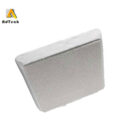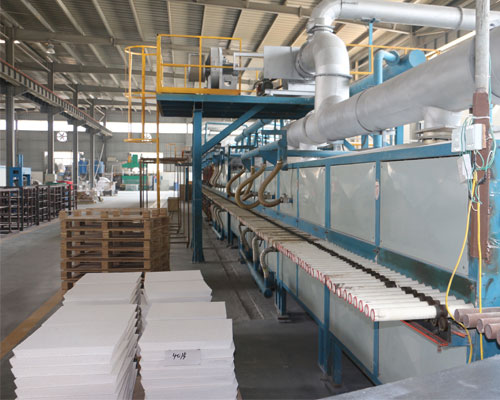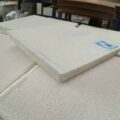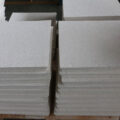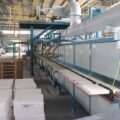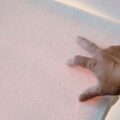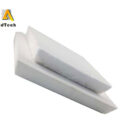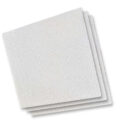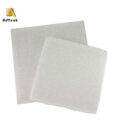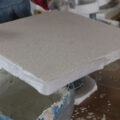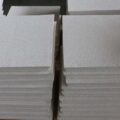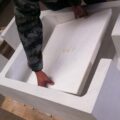Ceramic casting filters can improve the quality of finished products (foil, block, ingot, bar, profile, etc.) and meet the requirements of high purity cast metal. It reduces the scrap rate of the final product and improves the quality.
Ceramic Casting Filters are usually of standard size (inch) with a porosity of 10-60 PPI (pore / inch).
The size of the filter depends on its porosity and is selected according to the filter capacity, casting time and the layout of the CFF filter box. The selection of ceramic casting filter porosity depends on the specific alloy, casting temperature, metal contamination and required output quality.
Before casting, the filter must be fully preheated to ensure its normal operation.
It takes 1-2 hours for electric heating and 10-20 minutes for natural gas baking.
If the filter element is equipped with permanent heating, the filter can be reused. If the filter contains metal, the metal must be replaced at the next casting event.
The wetting behavior of aluminum and filtered Al2O3 and SiC foam ceramic filters was studied.
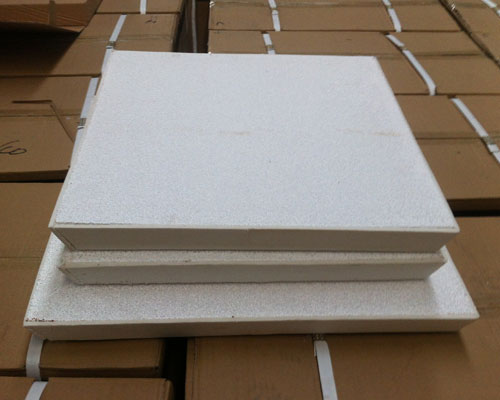
Nordic aluminum tested the same ceramic casting filters in a factory scale filtration experiment.
The Nordic aluminum engineer said that Adtech ceramic foam filters had better contact with metals, and the better wettability of aluminum filters could improve the removal efficiency of impurities in filtration process. Adtech is also recommended to sell ceramic casting filters to other Nordic aluminum plants.
Basic structure and classification of non stick aluminum ceramic filter box: ceramic filter box for aluminum filtration is made up of base material, surface film, water outlet, positioning seat and so on. Ceramic filter elements for aluminum filtration are part of the core CFF department.
It is a new type of porous functional ceramic material. The ceramic filter plate consists of corundum, silicon carbide and other materials. It is filled with crisscross pores (about 1 to 10 microns in diameter).


